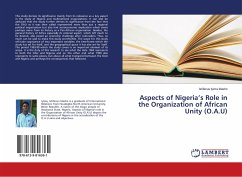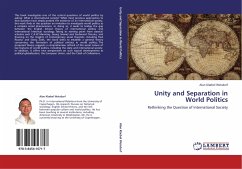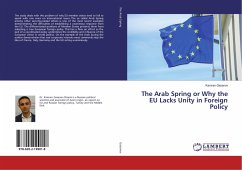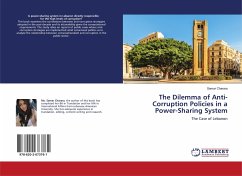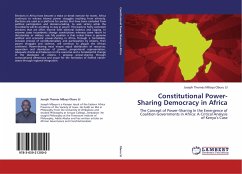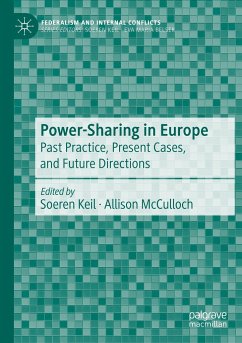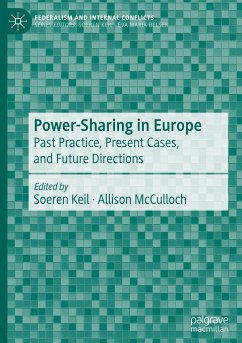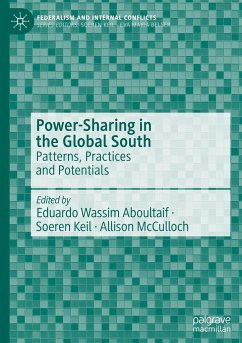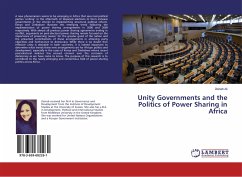
Unity Governments and the Politics of Power Sharing in Africa
Versandkostenfrei!
Versandfertig in 6-10 Tagen
16,99 €
inkl. MwSt.

PAYBACK Punkte
8 °P sammeln!
A new phenomenon seems to be emerging in Africa that sees rival political parties uniting in the aftermath of disputed elections to form inclusive governments in the interim to implementing structural political reform. Kenya and Zimbabwe illustrate this emerging trend following the implementation of power sharing arrangements in 2008 and 2009 respectively. With almost all previous power sharing agreements ending in conflict, arguments on post-electoral power sharing remain focused on the importance of preserving peace for the greater good of the nation and the presumed contributions of these a...
A new phenomenon seems to be emerging in Africa that sees rival political parties uniting in the aftermath of disputed elections to form inclusive governments in the interim to implementing structural political reform. Kenya and Zimbabwe illustrate this emerging trend following the implementation of power sharing arrangements in 2008 and 2009 respectively. With almost all previous power sharing agreements ending in conflict, arguments on post-electoral power sharing remain focused on the importance of preserving peace for the greater good of the nation and the presumed contributions of these arrangements in attaining party objectives and furtherance to democracy. While there is no doubt that effective unity is desirable in both countries, it is indeed important to determine what trends these new arrangements set for African politics and development; especially in the cases of Kenya and Zimbabwe where recent post-electoral violence has ensued concern over the corrosion of democracy as we have come to know. The purpose of this research is to contribute to the newly emerging and contentious field of power-sharing politics across Africa.



